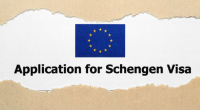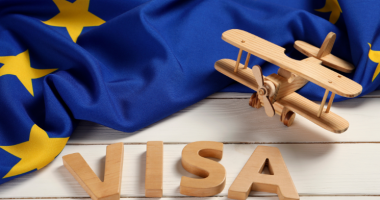Applying for a student visa is a big step, and the interview is often the most nerve-wracking part. You’ve filled out forms, paid the fees, maybe even taken an English proficiency test like the Duolingo English Test or IELTS. But now comes the real deal — facing an officer at the embassy. Sounds scary, right? Don’t worry. This blog breaks it all down so you can walk in feeling confident and prepared.
Understanding the Student Visa Interview Process
Before you panic, let’s talk about what actually happens. A student visa interview usually takes place at an embassy or consulate, such as a U.S. Embassy or UK Visa Application Center. The officer isn’t there to fail you — they’re there to make sure you’re genuinely going to study and return afterward.
Generally, the process looks like this:
- You arrive at the embassy or center with all your documents.
- You might wait in line for a bit.
- Then, you’re called for the interview.
- An officer asks questions about your education plans, finances, and intentions.
Sounds pretty standard, right? Even though it can feel intense, it’s usually short — around 5 to 10 minutes.
Moreover, many students overthink the experience. But remember, your answers don’t have to be perfect. They just need to be honest and clear.
Key Questions to Expect in the Interview
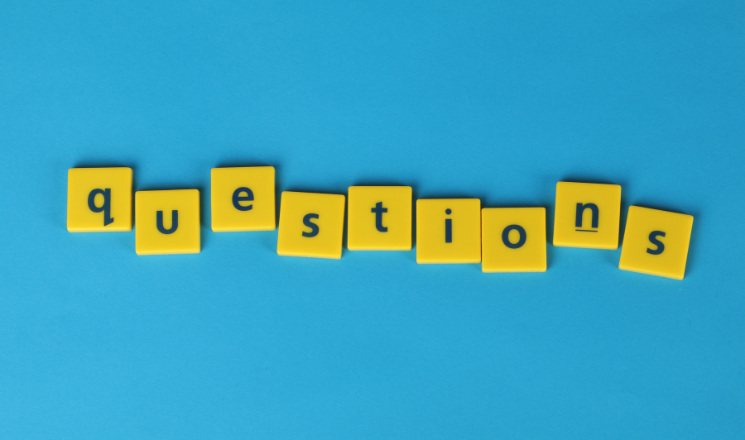
Let’s be real — you won’t get asked about quantum physics or rocket science. The visa officer wants simple, straight-to-the-point answers. Still, you should prepare to answer questions like:
- Why did you choose this country and university?
- What are you planning to study and why?
- Who is sponsoring your education?
- Do you plan to return to your home country after graduation?
Although these questions seem straightforward, how you answer them matters a lot. So take your time practicing your responses out loud.
In addition, the officer might ask about your English proficiency, previous travel history, or even your academic background. Stay calm and answer with confidence.
Documents You’ll Definitely Need
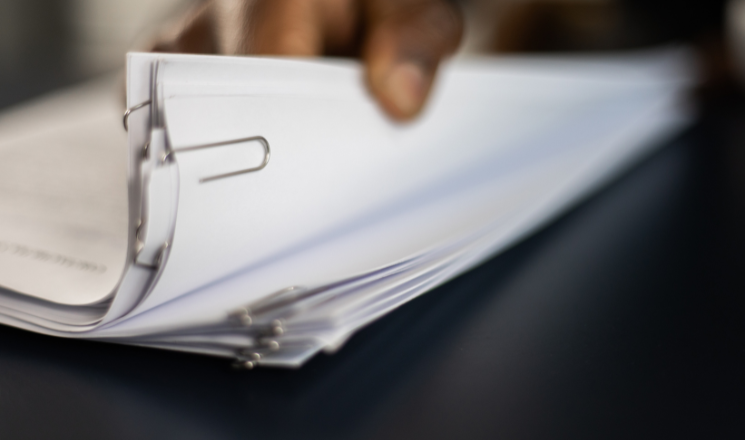
Even before the interview, organizing your documents is a must-do. Officers often use your paperwork to confirm what you’re saying. Having everything ready shows that you’re serious.
Here’s what you’ll likely need:
- A valid passport
- Visa application confirmation
- I-20 or acceptance letter from the school
- Financial documents (bank statements, scholarship letters, etc.)
- Proof of ties to your home country
- English test scores (from IELTS, TOEFL, or Duolingo)
Moreover, make sure everything is up-to-date. Bringing expired or incomplete documents is a fast way to get denied.
Common Mistakes to Avoid During Your Interview
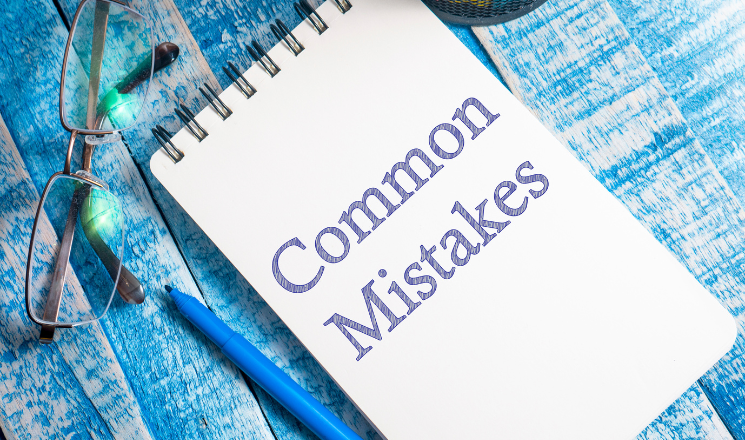
Let’s face it — nerves can make us act weird. But knowing what not to do can save you from disaster.
Here are a few no-no’s:
- Giving vague or robotic answers
- Acting defensive or overly confident
- Providing inconsistent information
- Speaking too quietly or not making eye contact
- Fumbling around looking for your documents
Additionally, don’t try to memorize a script. If your answers sound rehearsed, it can raise red flags. Speak naturally — like you’re having a chat, not performing in a play.
Even though you want to make a good impression, never lie. Visa officers can often detect dishonesty, and that could lead to a permanent ban.
Tips to Prepare Like a Pro
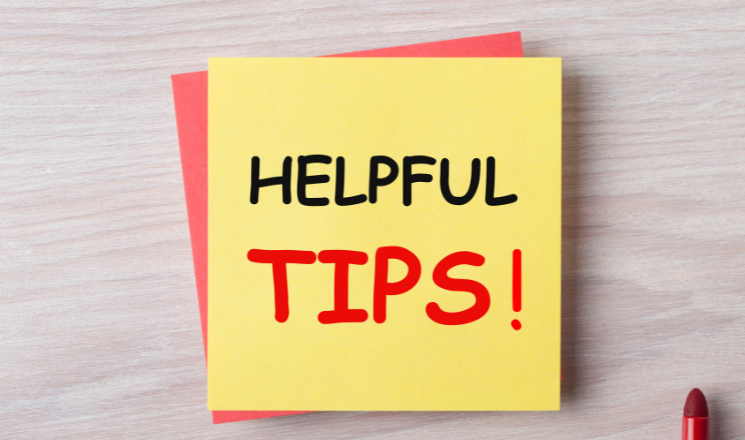
Here’s where you can really shine. Preparing smartly is half the battle. So what should you do?
- Practice mock interviews with a friend or use an app like the IELTS Prep App.
- Write down your answers and review them.
- Watch YouTube videos of mock visa interviews for ideas.
- Dress appropriately — think business casual.
- Arrive early to avoid last-minute panic.
What’s more, pay attention to your body language. Sit straight, smile, and maintain eye contact. These small things make a big difference.
Handling Tough Student Visa Interview Questions
Occasionally, officers may throw a question you didn’t expect. Don’t panic! It doesn’t mean they’re trying to trip you up.
Here’s how to handle it:
- Take a moment before answering.
- Ask them to repeat the question if needed.
- Stay honest even if the answer is a bit awkward.
- Don’t guess — it’s okay to say “I’m not sure.”
For example, they might ask, “What will you do if your visa is denied?” Instead of panicking, say you’d consider reapplying with improved documentation.
Likewise, if asked about post-graduation plans, say you’d like to gain knowledge and return to apply it in your home country.
After the Student Visa Interview: What’s Next?
You’ve done it! You walk out feeling a mix of relief and nervousness. So, what now?
Usually, the officer will let you know if your visa is approved right away. Sometimes, they’ll keep your passport and send it back with the visa in a few days. In some cases, it might go into “administrative processing,” which means more checks are needed.
Either way, don’t stress if they don’t say “approved” immediately. Follow up via email or check the visa tracking website.
Also, make sure to keep a copy of any documents submitted. You may need them when entering the country.
Final Thoughts on the Student Visa Interview
All in all, the Student Visa Interview isn’t as terrifying as it seems. While it’s natural to feel anxious, good preparation makes all the difference.
You don’t have to sound like a diplomat. Just be yourself, speak clearly, and show that you’re excited to study abroad.
Furthermore, remember that the goal of the interview is to confirm your intentions. You’re not being judged — the officer simply wants to see if you’re a genuine student with clear plans.
Lastly, treat this like the final checkpoint before your academic journey abroad. Pass it with confidence, and you’ll be on your way to boarding that flight to your dream university.
Quick Recap – Interview Checklist ✅
- ✔️ Practice real answers
- ✔️ Gather complete documents
- ✔️ Dress appropriately
- ✔️ Be honest and confident
- ✔️ Stay calm, even under pressure
Now You’re Ready!
Preparing for your Student Visa Interview might seem overwhelming, but with the right mindset and these tips, you’ve got this. So take a deep breath, prep smart, and go ace that interview.
If you found this guide helpful, don’t forget to share it with your fellow students or drop your questions in the comments!


